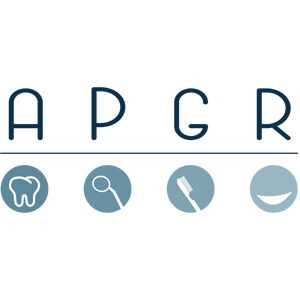Tartar
How can tartar be removed?
What is tartar, and how can it be treated?
Tartar is a hard calcified deposit formed by bacterial plaque on teeth. It undergoes a mineralisation process, usually occurring after about 8 hours, with the participation of mineral salts found in saliva. Bacterial plaque is invisible to the naked eye, whereas tartar is easily identifiable due to its yellowish-brown colour. Tartar cannot be removed with natural remedies.
Maintaining oral hygiene at home is crucial to prevent tartar from forming:
- Brush your teeth 30 minutes after every meal;
- Brush your teeth using appropriate tools and techniques based on your dental condition (electric or manual toothbrush, floss, interdental brush, etc.);
- Avoid aggressive foods and substances that can harm the teeth;
- Reduce the consumption of alcohol;
- Quit smoking.
Follow these rules to maintain a healthy mouth and significantly reduce the formation of tartar and bacterial plaque. The Ministry of Health guidelines recommend brushing your teeth properly at least twice a day.
Once tartar has settled on the teeth, removing it with the methods used for daily oral hygiene is complicated. Therefore, it’s necessary to turn to professionals such as a dentist and dental hygienist for examination and to get professional oral hygiene instructions.
What are the different types of tartar?
There are 2 types of tartar:
- supragingival tartar builds up on the tooth surface.
- subgingival tartar builds up below the gumline and is not immediately visible.
Professional oral hygiene and accurate subgingival cleaning performed by the dentist or dental hygienist are the only ways to remove tartar effectively and protect the health of your teeth and gums.
Tartar is harmful to the gums, causing inflammation and bleeding, which can result in conditions such as gingivitis, periodontitis, and other oral diseases. Periodontitis is a common yet serious disease that can lead to the loss of one or more teeth and even complete edentulism. That’s why maintaining proper oral hygiene and eliminating tartar before it becomes an issue is crucial.

